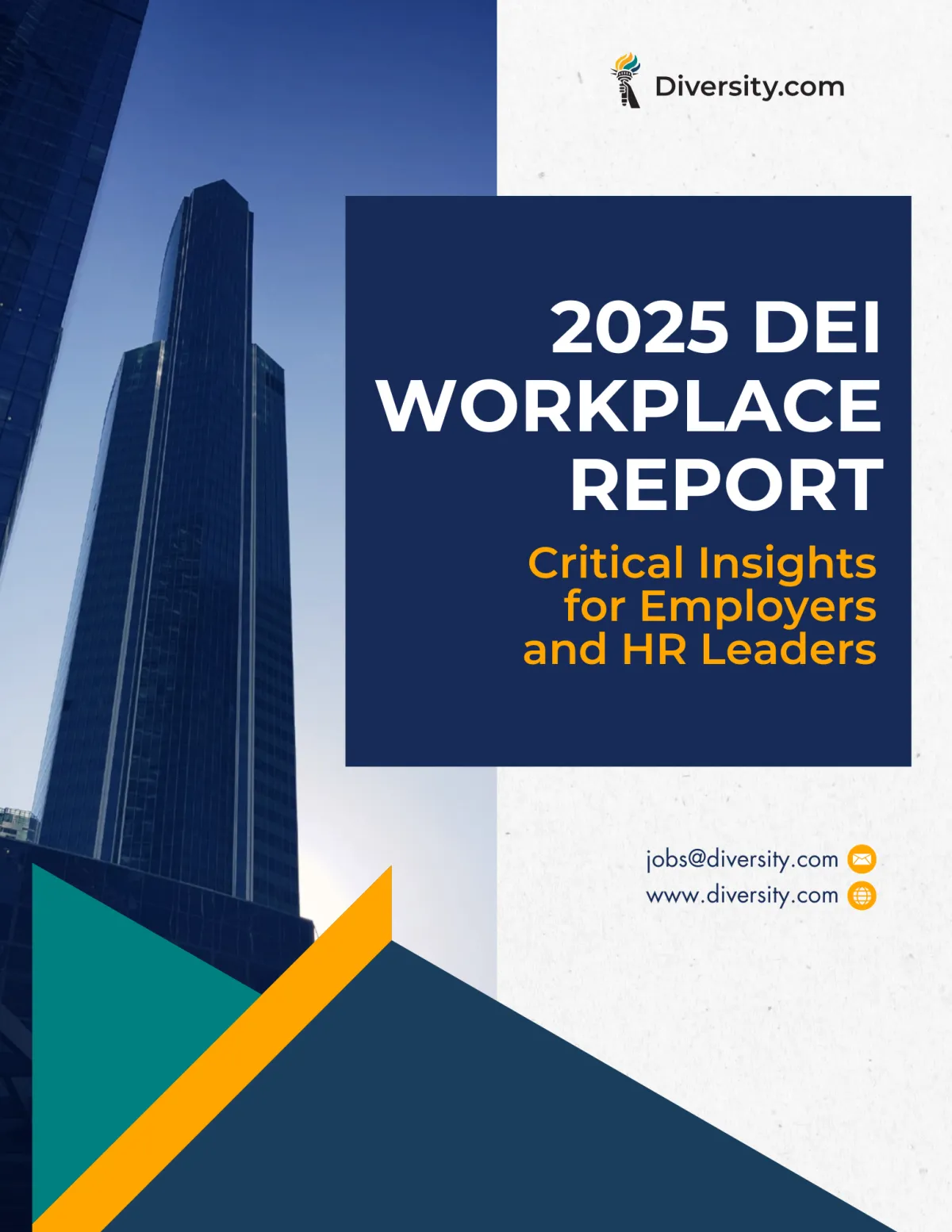
What the 2024 U.S. Election Means for Workplace DEI Efforts: Challenges and Opportunities
The 2024 U.S. presidential election has significantly influenced workplace Diversity, Equity, and Inclusion (DEI) policies, sparking debates over the future of corporate diversity initiatives, affirmative action, and federal funding for DEI programs.
With shifting political priorities, companies must navigate an evolving legal and regulatory landscape while maintaining inclusive workplaces.
This article explores how the election results impact DEI efforts, the challenges businesses may face, and strategies for adapting to new policies.
Affirmative Action & Hiring Laws: The Ripple Effect of the Supreme Court Ruling
A key issue affecting corporate DEI initiatives is the 2023 Supreme Court decision striking down race-conscious college admissions (The New York Times, 2023).
Impact on Hiring Practices: The ruling does not directly apply to employment, but legal experts suggest it may influence how corporate hiring and promotion policies are structured to avoid potential legal challenges.
State-Level Restrictions: Several conservative-led states have introduced laws limiting diversity hiring mandates, which may shape employer policies in affected regions.
Companies must ensure that inclusive hiring remains legally compliant, emphasizing skills-based hiring and equitable advancement opportunities to foster diversity without violating emerging legal restrictions.
Corporate DEI Programs Under Scrutiny
The post-election political landscape has intensified debates over corporate DEI programs:
Some lawmakers argue that DEI initiatives create "reverse discrimination" and propose limiting DEI-related corporate tax benefits.
Major corporations, including Target and McDonald’s, have reduced some DEI commitments while still maintaining broader diversity initiatives (Bloomberg, 2024).
Investor sentiment remains divided, with some shareholders pushing for continued ESG (Environmental, Social, and Governance) efforts while others demand a more neutral approach (Harvard Business Review, 2019).
Changes to Federal Grants & Incentives
With new administration policies, companies receiving federal contracts or grants may face changes in DEI-related compliance requirements. While specific executive orders have yet to be finalized, legal experts predict:
Shifts in federal contract requirements: DEI-related hiring commitments for government contractors may be scaled back or removed (U.S. Department of Labor, 2023).
Reduced funding for public DEI initiatives: Programs supporting workplace inclusion in federally funded organizations could be affected, requiring companies to fund diversity programs internally.
Despite these shifts, corporate DEI efforts remain a key factor in attracting top talent and improving company performance.
Historical Context: Lessons from Previous Policy Changes
During Donald Trump’s first term (2017-2021), executive orders limited federal diversity training programs. However, major corporations responded by increasing internal DEI commitments due to employee and consumer demand (McKinsey & Company, 2020).
Companies with strong DEI programs saw 25% higher profitability compared to those with lower diversity (McKinsey & Company, 2020).
Diverse leadership teams generated 19% higher revenue from innovation, reinforcing the business case for inclusion (Boston Consulting Group, 2018).
Employers may once again need to drive DEI progress independently, focusing on measurable impact and inclusive business strategies rather than external mandates.
How Companies Can Navigate the Post-Election DEI Landscape
To remain competitive and legally compliant, businesses should consider the following strategies:
1. Shift from Compliance-Driven DEI to Inclusive Leadership
Train leaders on inclusive decision-making and bias-free hiring.
Focus on skills-based hiring and equitable career advancement.
2. Maintain Transparency and Accountability
Continue tracking and reporting workforce diversity data internally.
Ensure inclusion efforts align with business objectives rather than political narratives.
3. Secure Long-Term DEI Investments
Integrate DEI into leadership training and performance evaluations.
Leverage Employee Resource Groups (ERGs) to foster workplace inclusion organically.
Conclusion
The 2024 U.S. election has reshaped the conversation around workplace DEI, creating both challenges and opportunities for employers.
While legal and policy shifts may alter federal DEI mandates, the business case for diversity remains strong.
Organizations that focus on skills-based hiring, inclusive leadership, and long-term workplace culture strategies will continue to attract talent, drive innovation, and remain resilient in an evolving landscape.
For Employers
Review your DEI policies to ensure they align with new compliance regulations.
Strengthen internal inclusion efforts to maintain a diverse and competitive workforce.
Educate leadership teams on bias-free hiring and equitable decision-making.
For Job Seekers
Research company commitments to DEI beyond compliance-driven programs.
Seek employers with skills-based hiring and long-term inclusion initiatives.
Engage in networking opportunities and Employee Resource Groups (ERGs).
How Diversity.com Can Help Employers & Job Seekers
At Diversity.com, we are dedicated to bridging the gap between diverse talent and inclusive employers.
Whether you’re a company striving to maintain equitable and inclusive hiring practices, or a job seeker looking for an employer that values diversity and inclusion, our platform provides the tools and opportunities you need.
For Employers:
🔹 Create a free employer account—get started with inclusive hiring today. We offer flexible job posting plans, from single postings to subscription-based options for multiple listings.
🔹 Access a diverse candidate pool—reach professionals from a variety of backgrounds to drive innovation.
🔹 Stay informed with expert workplace inclusion resources—gain insights into workplace diversity trends, compliance updates, and best hiring practices to build an inclusive workforce.
For Job Seekers:
🔹 Explore job listings from inclusive companies—find workplaces that align with your values.
🔹 Create a free job seeker account in minutes—start applying for positions that prioritize diversity and inclusion.
🔹 Gain insights into workplace inclusivity—use our platform to research employer hiring practices and access resources to support your job search and career growth.
We are committed to supporting both employers and job seekers in fostering equitable and inclusive workplaces.
If you have any questions or need assistance, feel free to Contact Us here. Our dedicated support team is ready to help!
Sources & Reference:
The New York Times. (2023). Supreme Court Strikes Down Race-Conscious Admissions at Colleges.
McKinsey & Company. (2020). Diversity Wins: How Inclusion Matters.
Boston Consulting Group. (2018). How Diverse Leadership Teams Boost Innovation.
U.S. Department of Labor. (2023). Executive Order 11246 & Affirmative Action Requirements.
Bloomberg. (2024). Corporate Diversity Strategies in the Post-Election Landscape.
Harvard Business Review. (2019). The Investor Revolution: ESG & Corporate Inclusion Commitments.

